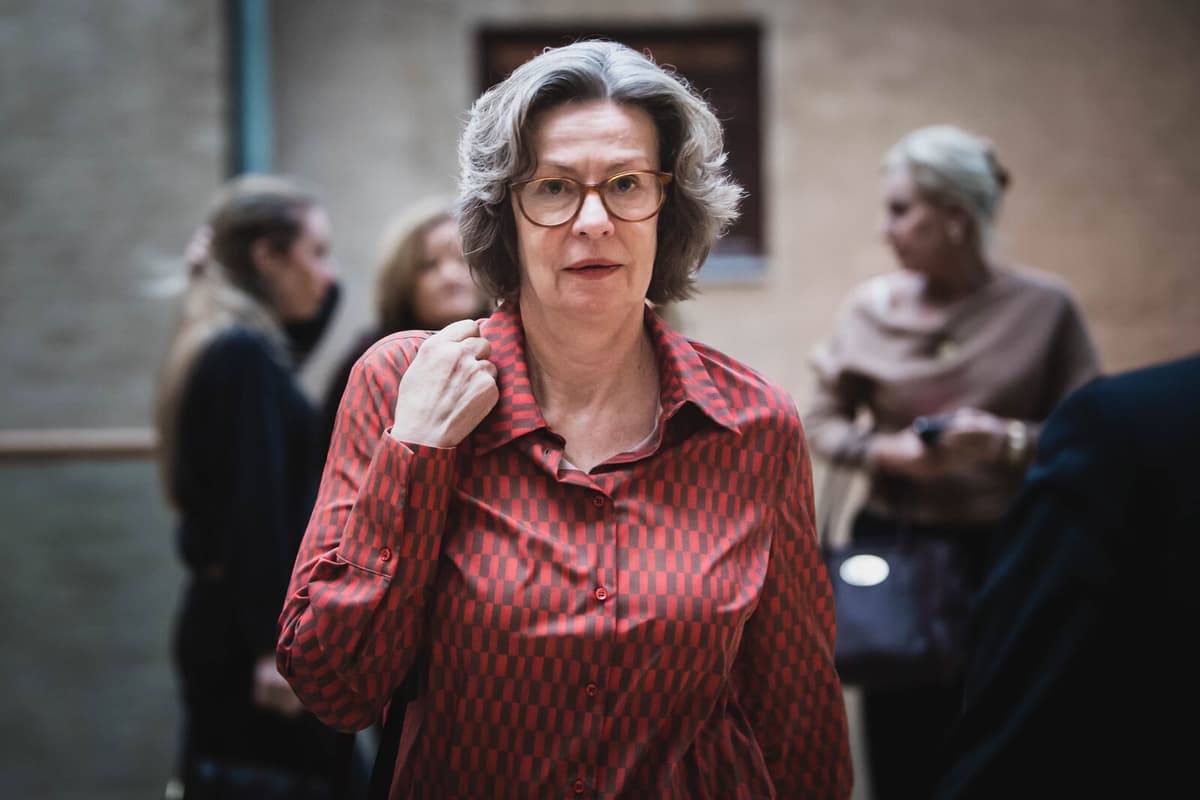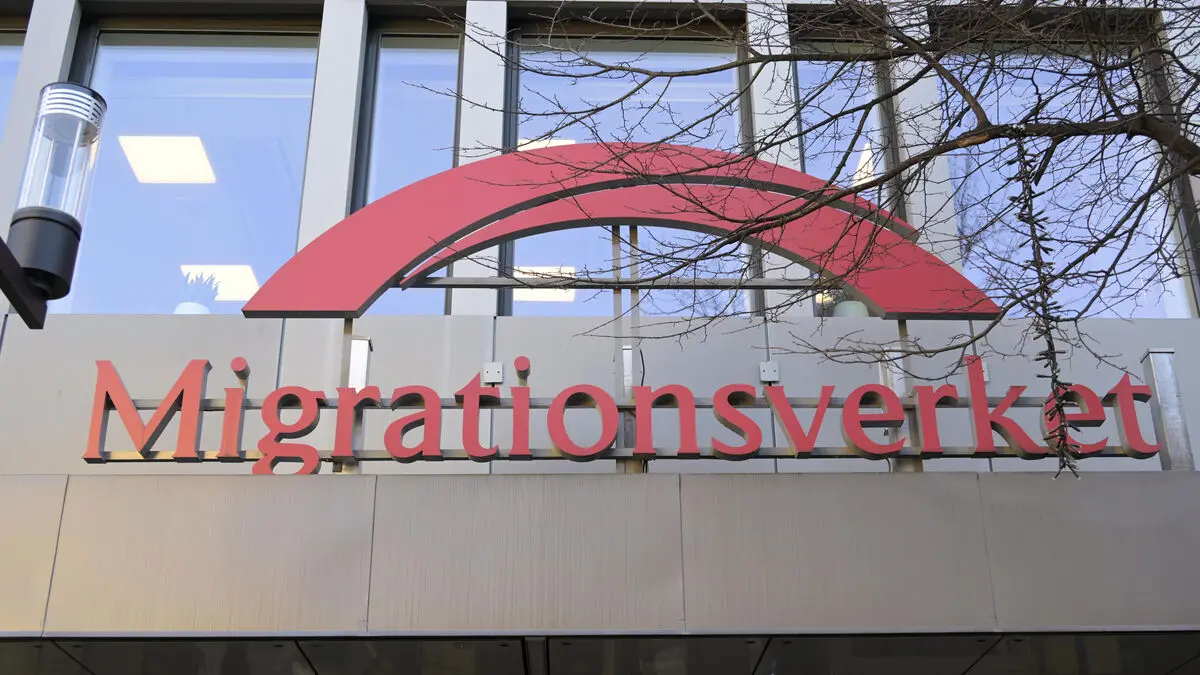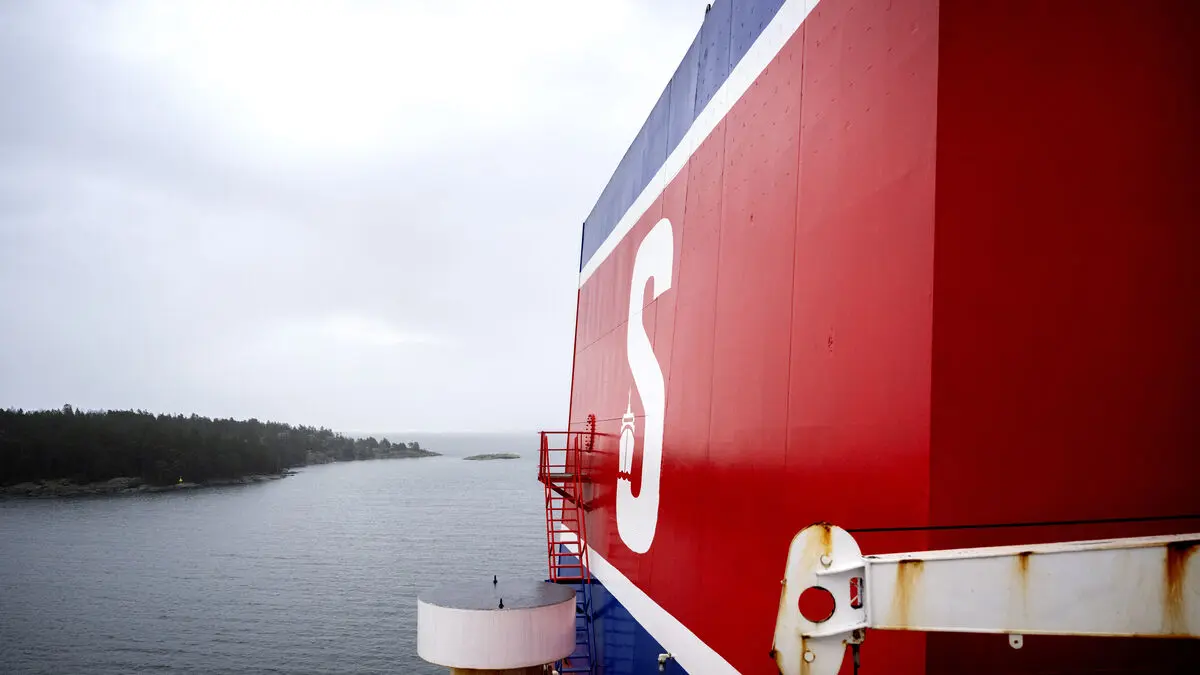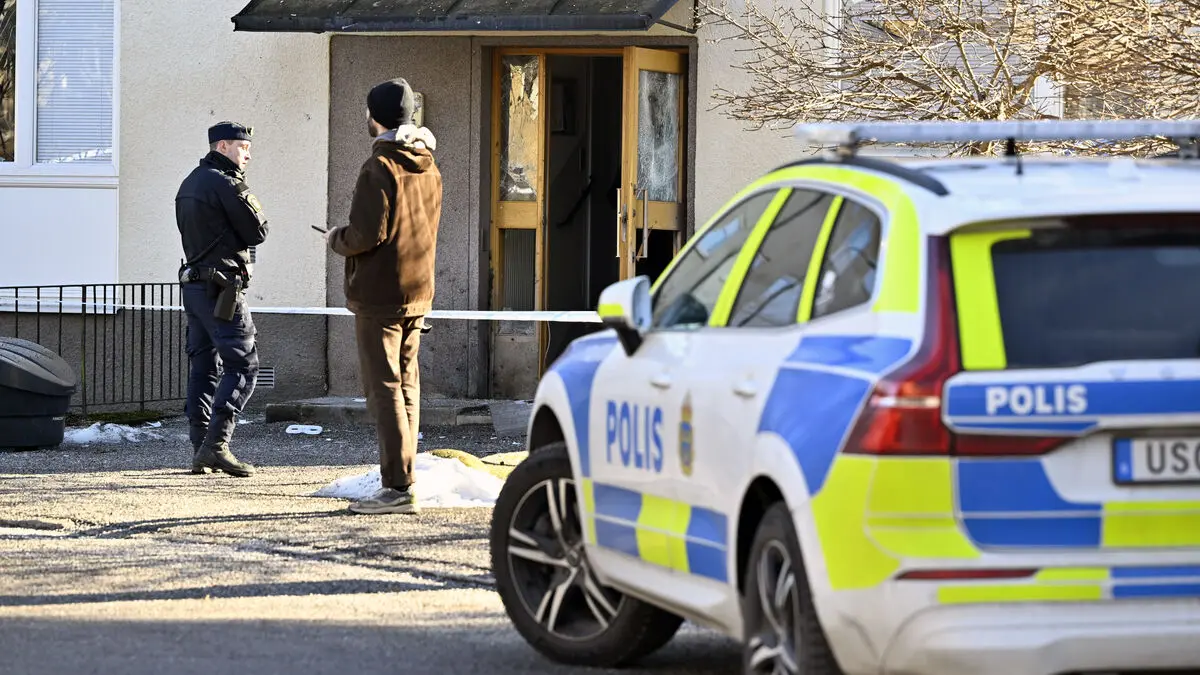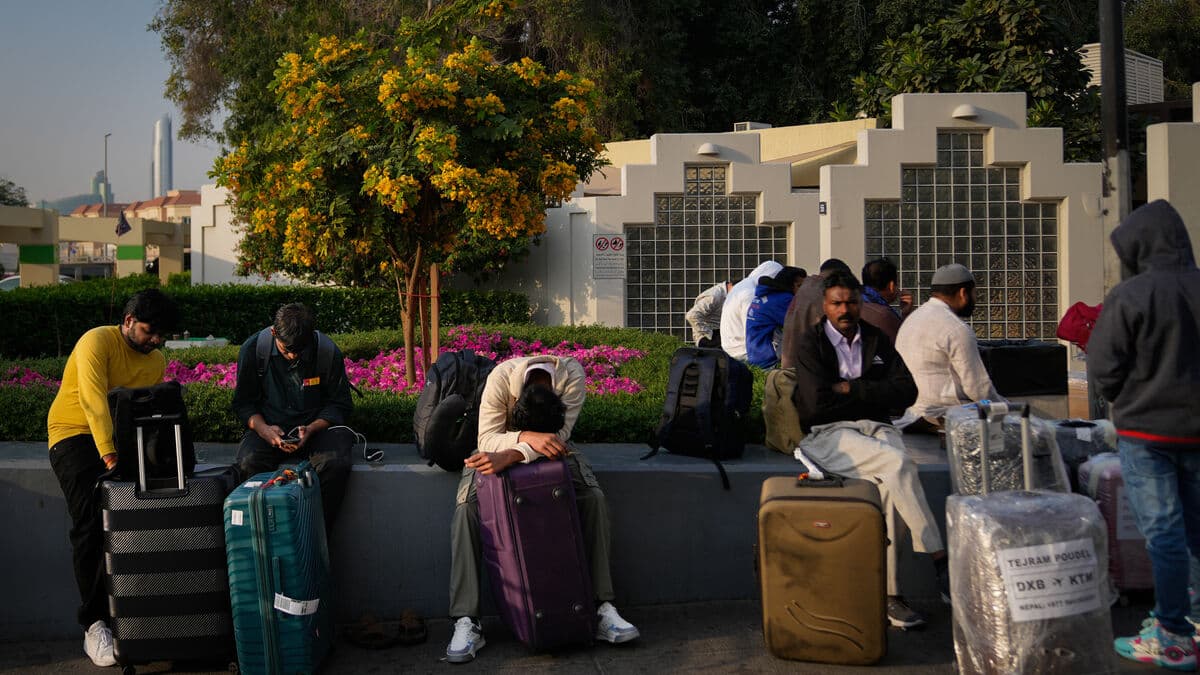The Svea Court of Appeal convicted Bonnesen on Tuesday for gross fraud to imprisonment for one year and three months. The court thereby overturned the district court's acquittal – a decision that her lawyer Per E Samuelsson described as "a shock".
Bonnesen will appeal to the Supreme Court, but to get a new trial there, the Supreme Court must first grant leave to appeal. Last year, around 9,000 cases were appealed, only about 100 were granted leave to appeal.
The Supreme Court's main task is to create guiding legal precedents, where there are uncertainties in how the law should be interpreted. To get leave to appeal, Bonnesen and her defenders must therefore convince the court that there are important legal issues in the case that need to be clarified.
Few precedents
Something that could speak in favor of succeeding is that fraud is an unusual form of crime, and that there are therefore few examples of similar previous cases. As a result, there may also be uncertainties in how certain parts of the law should be applied.
There are very few precedents on gross fraud, and even fewer when it comes to listed companies, says Daniel Stattin, professor of civil law at Uppsala University
The question of leave to appeal is, however, always complex, he says.
It's about managing to present a "pt-question" that is interesting enough. But there are some interesting aspects in the Court of Appeal's judgment on how to conduct the examination of fraud, so it's not ruled out.
On the other hand, it is a relatively large and complex case. This could speak against the Supreme Court, which wants to have as clear-cut cases as possible, taking it up.
It may be difficult to formulate a precedent question that is separate from the circumstances of this case. It builds so much on what was said at what time, says Stattin.
Difficult to predict
Even Marie Karlsson Tuula, professor of civil law at Linnaeus University with a focus on property law and economic crime, says it is difficult to predict how the Supreme Court will reason. The outcome likely depends to a large extent on how the appeal is formulated, she says.
It's about how the lawyer presents it, what question the Supreme Court has to try, that's what's important.
If the Supreme Court does not take up the case, the prison sentence against Birgitte Bonnesen will be upheld.
On September 10, the Svea Court of Appeal sentenced Swedbank's former CEO Birgitte Bonnesen to imprisonment for one year and three months for gross fraud.
The Court of Appeal found that the then-CEO provided misleading information when she was interviewed by Svenska Dagbladet and TT when the bank released its third quarter report 2018.
The information conveyed the misleading message that there were no suspected money laundering connections to Danske Bank's operations in Estonia. The information was, according to the court, capable of influencing the assessment of the Swedish bank in economic terms and thereby causing damage.

